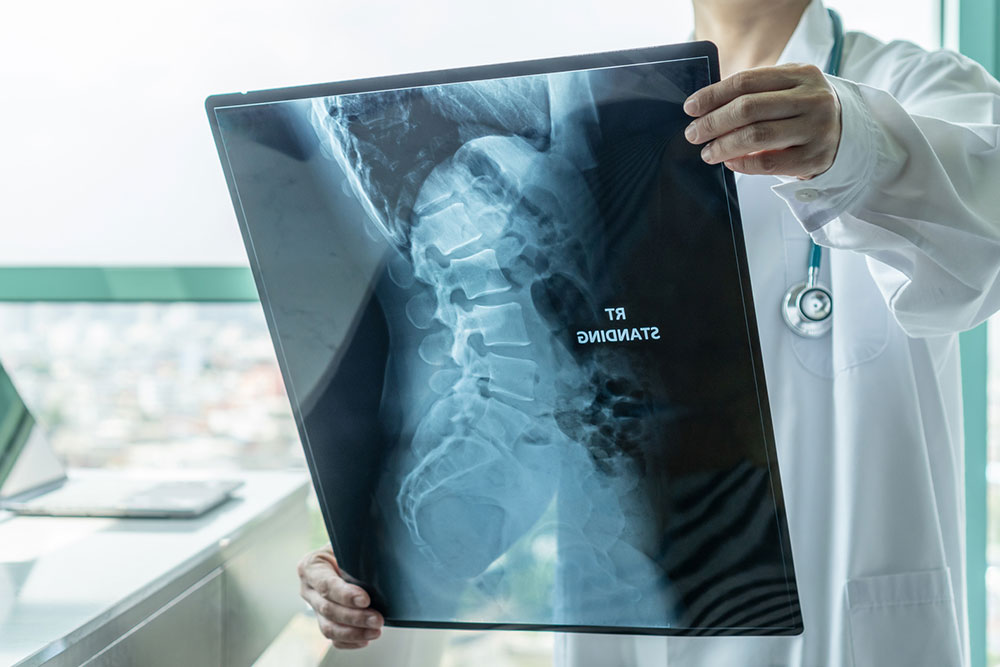Understanding Hand Numbness: Causes and Common Symptoms
Hand numbness and tingling are common yet sometimes hint at underlying health issues. Causes range from posture problems to more serious conditions like nerve damage or neurological disorders. Recognizing symptoms and seeking timely medical advice can prevent complications. This article explains the common causes, symptoms, and when to see a doctor for persistent sensations. Understanding these signs helps maintain overall neurological health and prevents long-term issues.

Understanding Hand Numbness: Causes and Common Symptoms
Experiencing a numb or tingling feeling in your hands or fingers is quite common. While often temporary and harmless, this sensation can sometimes signal underlying health issues. Tingling may be intermittent or persistent, accompanied by other symptoms like pain or itching. It can affect any part of the body, though hands and feet are most commonly involved.
There are various reasons behind hand numbness or tingling, ranging from simple posture issues to more serious conditions.
Common Causes of Hand Numbness or Tingling
Temporary sensations usually result from poor posture or staying in the same position for extended periods. Persistent or severe tingling might be caused by:
Prolonged pressure from sitting or standing in one position
Injury to nerves
Compression of spinal nerves
Enlarged blood vessels impacting nerves
Medication side effects
Substance abuse, such as alcohol or tobacco
Animal or insect bites
Infections or illnesses
Nutritional deficiencies, especially vitamins
Medical conditions like diabetes, stroke, multiple sclerosis
For example, diabetic neuropathy often causes tingling in limbs due to nerve damage.
Signs and Symptoms of Hand Numbness
Symptoms typically include numbness, burning, or shooting pains. Many experience the familiar “pins and needles” sensation caused by nerve compression, often due to poor posture. Tingling can affect fingers, toes, arms, or entire limbs and usually resolves with rest or position changes.
Additional symptoms may include:
Pain and burning sensations
Heightened sensitivity to touch
Gradual numbness spreading from extremities
Muscle weakness
Sharp, jabbing pains
Paresthesia, or “pins and needles”
While temporary tingling is common and harmless, ongoing or widespread sensations require medical evaluation. Persistent symptoms should be diagnosed promptly for proper treatment.










